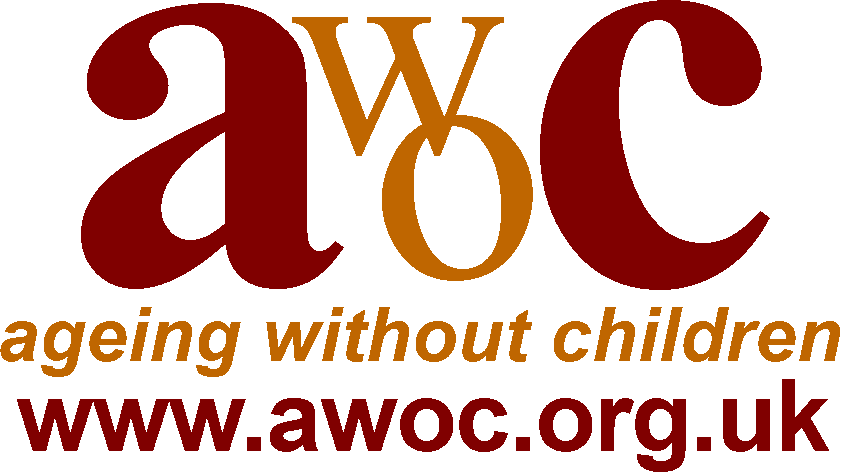Myths About Ageing Without Children
“Most people don’t look after their parents”
- The majority of the 6.5 million carers in the UK are looking after either a parent or parent-in-law (or both)
- A quarter of people aged between 45 and 60 provide active day-to-day support to their mothers and fathers, essential for them to continue living relatively independent lives.
- Most of the care for older people is not provided by the state or private agencies, but by family members. The economic value of unpaid care in England and Wales in 2021 – now estimated to be £162 billion – is almost a third (29%) higher than the value of unpaid care in 2011.
- However, as the baby-boomer generation ages, a growing ‘family care gap’ is developing as the number of older people in need of care outstrips the number of adult children able to provide it. This occurred for the first time in 2017.
- More than 80% of disabled older people receiving informal care and living in private homes are being cared for either by their adult children or spouses or all of them together. The ‘oldest old’ (85+) are predominantly cared for by their children, whereas married older people predominantly receive spousal care where their spouses are able to provide this.
- 6.6 million people aged 40-60 (79%) who are considering caring for or supporting an older parent in the future, worry that they wouldn’t know how to support them (Age UK 2023)
